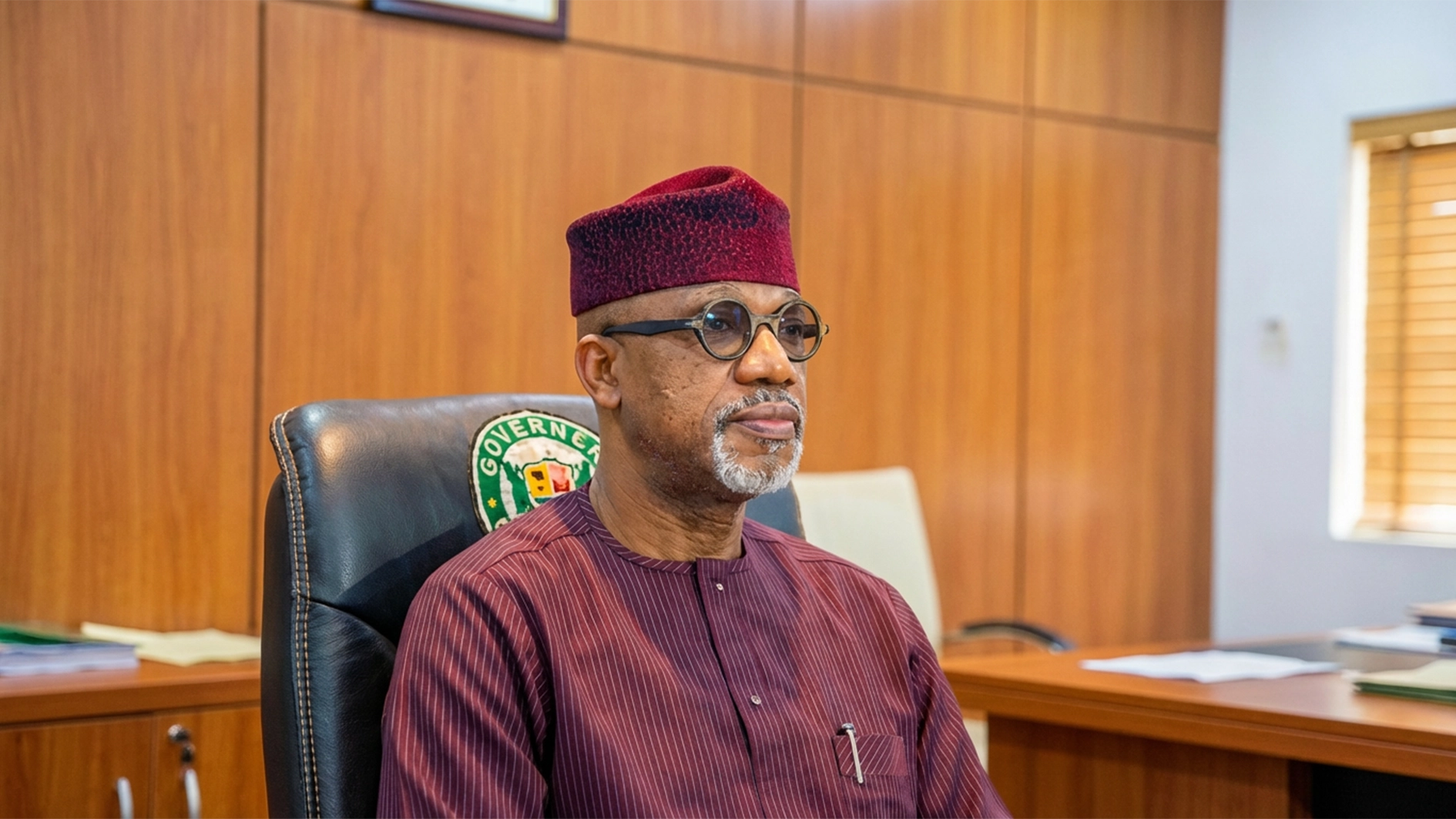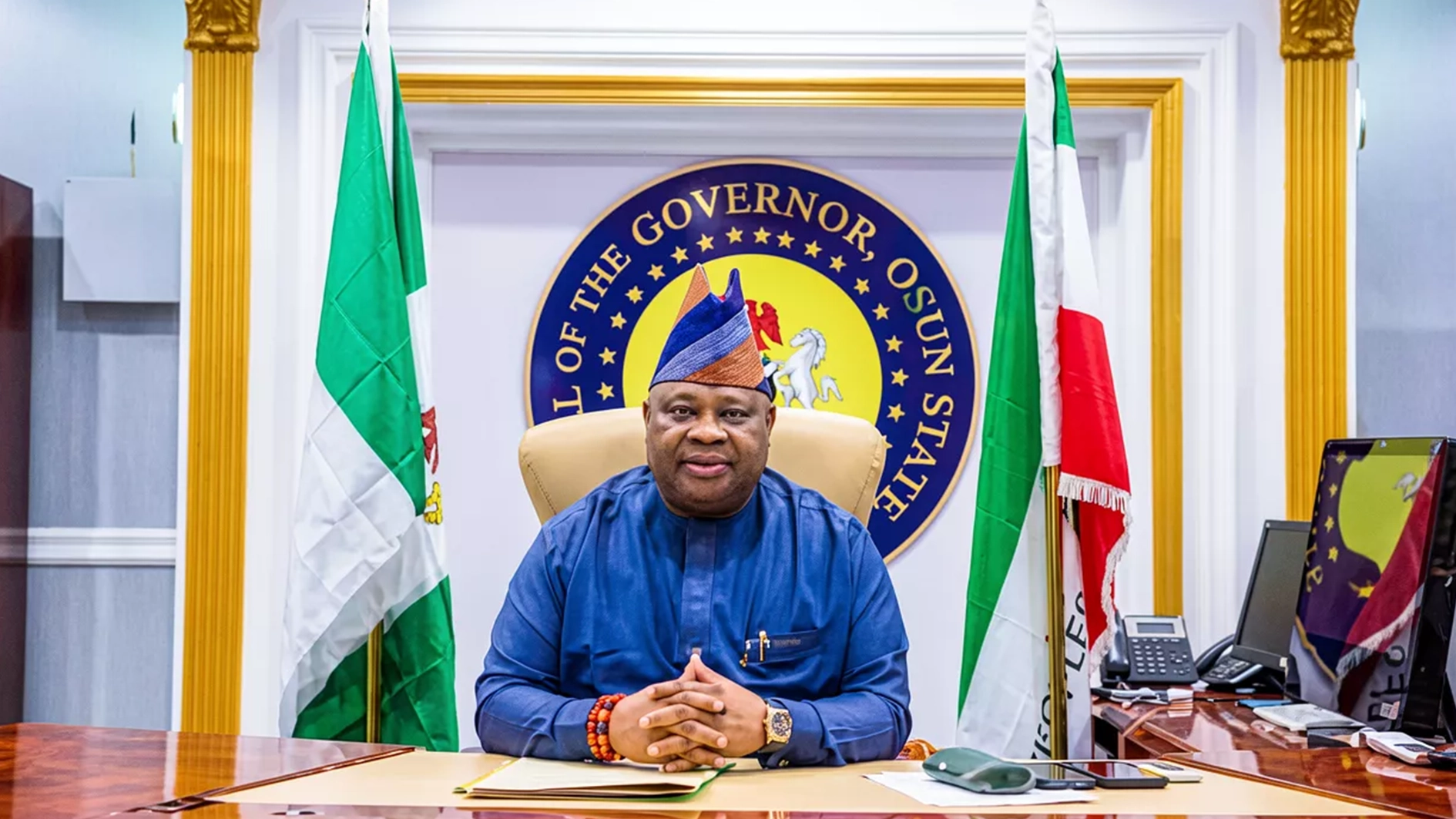Acting Director of Economic Development, Integration and Trade, and Head of Economic Policy and Sustainable Development at the African Union, Dr. Patrick Ndzana Olomo, has revealed that Africa is currently losing an estimated $587 billion annually to illicit financial flows and corruption, an amount that far exceeds the continent’s estimated yearly development financing needs of $472 billion.
Addressing participants at the ongoing 4th edition of the Intra-African Trade Fair (IATF) 2025 in Algiers, Algeria, Olomo said: “The statistics are showing today that every year, we are losing approximately $587 billion, and when you compare it to development needs we have yearly, estimated at about $472 billion, you can see that the money we are losing through corruption is cutting at $148 billion—through illicit financial flows that are depriving the continent of approximately $90 billion, and also through risk perception that we are having despite the fact that we are less risky than many other regions in the world.”
According to Olomo, this significant loss is not just a fiscal challenge but a developmental crisis, and he called for urgent action to redirect these resources toward the continent’s economic transformation.
He argued that Africa must prioritise economic and financial governance as a central component of its development agenda.
Olomo stated categorically that the continent has both the potential and the human resources necessary to drive inclusive economic growth, but only if its leaders commit to taking decisive and strategic action.
In addition, he advocated for a transformative investment approach focused on agriculture, industrialization, and the services sector.
By channelling substantial investments into these critical areas, Olomo projected that Africa could achieve sustained annual GDP growth of 7 to 10 percent. Such growth, he said, would have the power to elevate the continent’s collective GDP from its current $3.4 trillion to as much as $15 trillion within a decade—a more than threefold increase that could drastically improve living standards and regional stability.
In addition to sector-specific investments, Olomo highlighted the urgent need for large-scale infrastructure development to support economic activity and regional integration.
He emphasized that without modern infrastructure—especially roads, ports, energy systems, and digital networks—the goals of accelerated growth and industrial expansion would remain out of reach.
Olomo also pointed to Africa’s demographic advantage as a key factor in its future potential. With the continent projected to have the youngest population in the world, he underscored the opportunity to leverage this youthful demographic for economic advancement.
In particular, he referenced the African Continental Free Trade Area (AfCFTA) as a framework that is already reshaping the size and scope of the continent’s market, offering unprecedented opportunities for intra-African trade, investment, and job creation.
He urged African leaders to reframe their governance priorities, placing economic and financial management at the heart of their policymaking.
He pointed out that only through intentional action and strategic investments can the continent chart a path toward inclusive, sustainable growth and secure its rightful place in the global economic order.






